Your cart is currently empty!
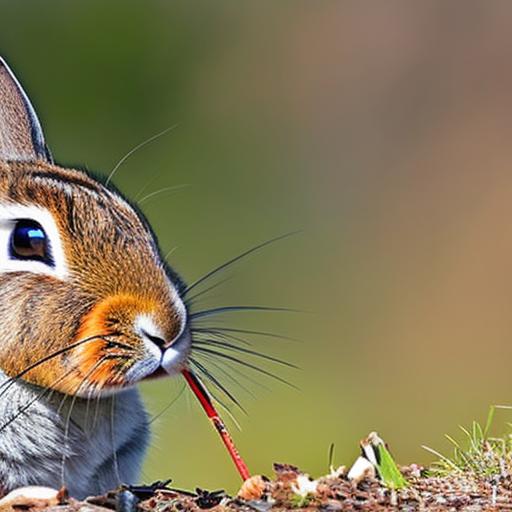
The Ultimate Rabbit Hunting Calendar: Mark the Best Time of Year to Hunt Rabbits!

Table of Contents
Introduction
Hey there, fellow hunters! If you’re anything like me, you’ve spent countless hours in the great outdoors, eyes peeled and ears perked, waiting for that perfect moment to spot your prey. But let’s be honest, rabbit hunting isn’t just about the thrill of the chase; it’s also about understanding our furry friends and their habits. Now, I’ve been hunting small game for more years than I’d like to admit, and if there’s one thing I’ve learned, it’s that timing is everything. You might be wondering, “When is the best time of year to hunt rabbits?” Well, you’re in for a treat. This guide is the culmination of my years of experience, observations, and countless early mornings spent in the field. We’ll dive deep into the world of rabbits, their seasonal behaviors, and most importantly, pinpoint the absolute best time of year to hunt rabbits. So, whether you’re a seasoned pro or just starting out, stick around, and let’s embark on this journey together.
Understanding Rabbit Behavior and Seasonal Patterns
Rabbit’s Life Cycle:
Ah, the circle of life. Just like any other creature, rabbits have their own unique life cycle that can offer invaluable insights for us hunters. Understanding their breeding and nesting seasons is like getting a sneak peek into their daily planner. Typically, rabbits breed from early spring to late summer, resulting in several litters throughout these months. Why does this matter, you ask? Well, during these times, you’ll notice increased rabbit activity as they search for mates and safe nesting spots. This heightened activity can be a boon for hunters, as it often means more opportunities to spot and track these elusive creatures. So, marking your calendar around their breeding season can give you a leg up in determining the best time of year to hunt rabbits.
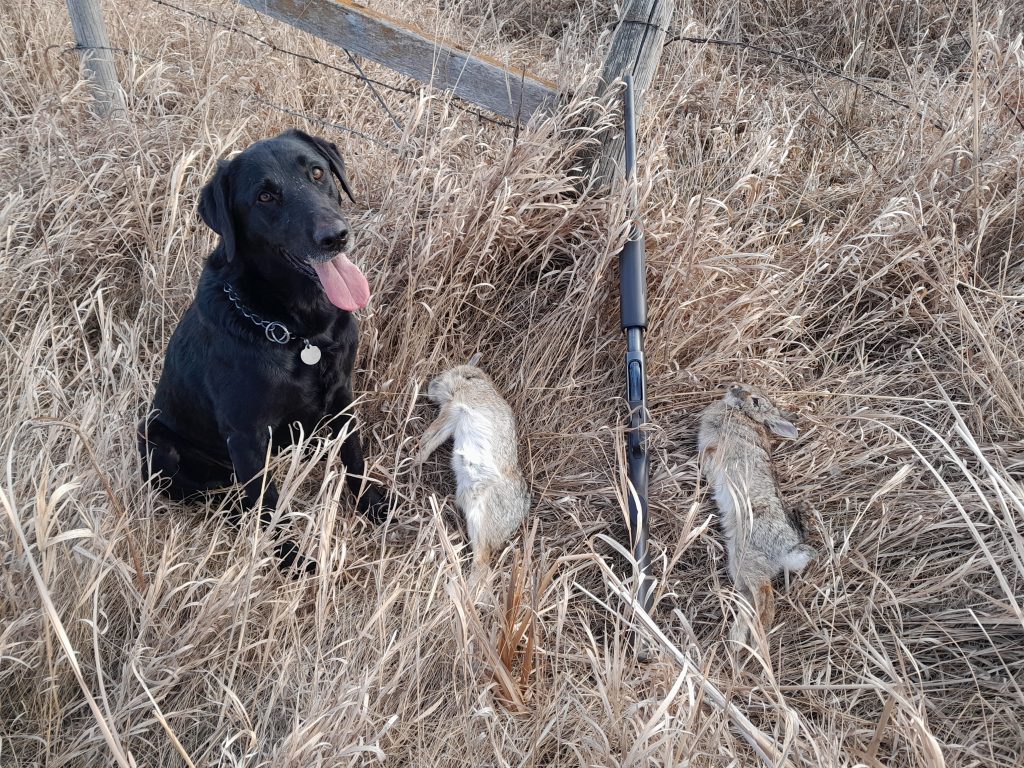
Seasonal Habits:
Now, let’s chat about how our furry friends’ habits change with the seasons. In the spring, as the world awakens from its winter slumber, rabbits are on the move, foraging for fresh greens and starting their breeding cycle. Come summer, they’re a bit more laid back, often hiding out during the hot midday sun and becoming more active during the cooler mornings and evenings. Fall sees them preparing for the colder months, foraging aggressively to store up fat for winter. And speaking of winter, this season often finds rabbits hunkering down, conserving energy, and staying close to their burrows. Knowing these habits can be a game-changer, allowing you to adjust your hunting strategies according to the season.
Weather Impact:
Last but certainly not least, let’s touch on the ever-changing weather and its impact on our rabbit hunting endeavors. Ever noticed how some days, despite it being the “perfect season”, you can’t spot a single rabbit? That’s probably the weather playing its part. On particularly windy days, rabbits tend to stay put, as the rustling leaves and branches make it hard for them to hear predators. Similarly, on rainy days, they might opt to stay cozy in their burrows. However, after a rain, when the world is fresh and the skies clear, it can be an excellent time to hunt. The damp ground makes it easier to track them, and the fresh vegetation after a shower is too tempting for them to resist. So, while determining the best time of year to hunt rabbits, always factor in the day’s weather conditions.
By understanding these patterns and behaviors, you’re not just upping your hunting game; you’re also deepening your connection with nature and the animals you pursue. And trust me, that makes the hunt all the more rewarding.
Prime Rabbit Hunting Seasons: When and Why
Spring:
Springtime, when nature shakes off its winter blues and bursts into vibrant life. For rabbit hunters, this season presents a mix of challenges and rewards. Post-winter, the landscape is still recovering, and vegetation is sparse, making it easier to spot rabbits. But here’s the kicker: spring is also when young rabbits, or kits, start to venture out. These little ones, curious and less wary, can be easier to spot. However, it’s essential to hunt ethically and be aware of local regulations regarding the hunting of juvenile game. A tip from a seasoned hunter? Look for areas with fresh green shoots and water sources; these are prime spots where rabbits come to feed and hydrate.
Summer:
Ah, the warmth of summer. While it’s a joy for beachgoers and picnickers, for rabbit hunters, it’s a bit of a mixed bag. The pros? Rabbits are active, especially during the cooler mornings and evenings. The cons? The dense foliage can make spotting them a tad tricky. And let’s not forget the potential discomfort of hunting in the heat. But fret not! With a keen eye and a bit of patience, you can navigate the thickets and underbrush. My advice? Listen more than you look. The rustling of leaves or a soft thud can often lead you right to them. And always, always stay hydrated!
Fall:
If you were to ask a group of rabbit hunters about the best time of year to hunt rabbits, many would point to fall without hesitation. And for good reason! As the leaves turn golden and the temperatures drop, rabbits are on a mission to forage and fatten up for the coming winter. This increased activity, combined with the thinning vegetation, makes them easier to spot. Plus, there’s something incredibly serene about hunting amidst the crisp fall air and the kaleidoscope of autumn colors. To maximize your yield, focus on areas with abundant food sources like gardens, crop fields, or wild berry patches.
Winter:
Winter hunting is not for the faint of heart. The biting cold, the snow-covered landscapes, and the shorter days can make rabbit hunting quite the challenge. But, as any experienced hunter will tell you, it’s also incredibly rewarding. Rabbits, with their white winter coats, can be harder to spot against the snow. But their tracks? Clear as day. Following these tracks can lead you straight to them, especially near burrows or sheltered areas. Remember to dress in layers, keep your extremities warm, and move quietly; the stillness of winter amplifies sounds, making stealth all the more crucial.
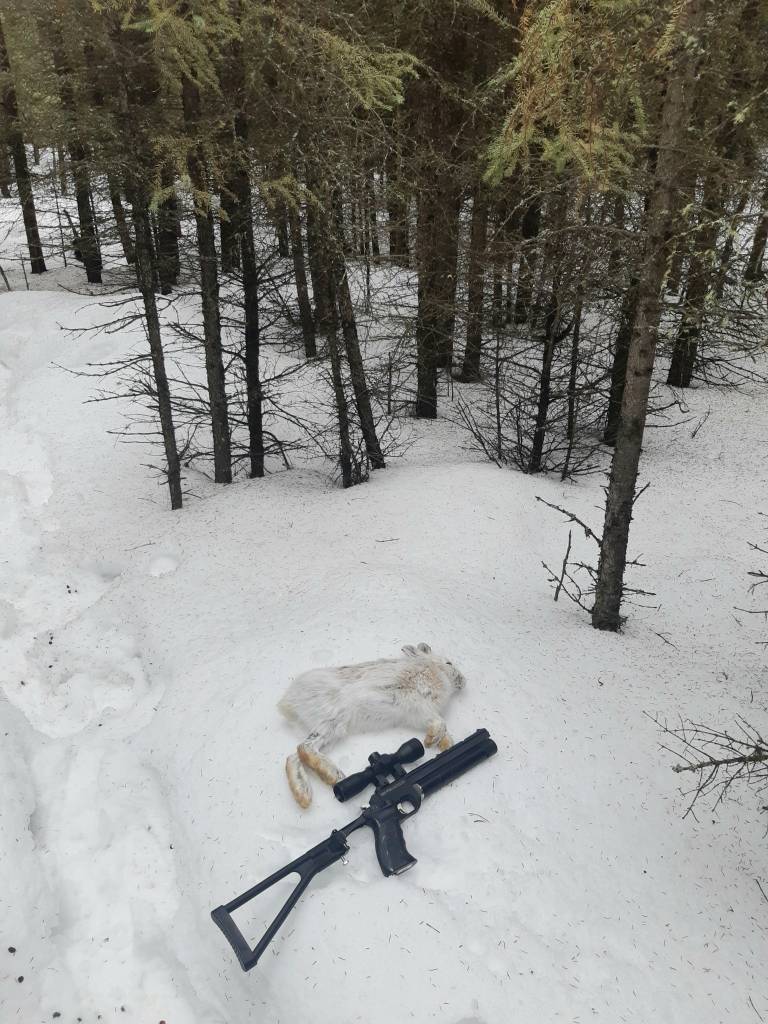
Each season offers its own unique hunting experience. Embrace the challenges, relish the rewards, and always hunt with respect and understanding. Happy hunting!
Essential Gear and Tips for Each Season
Spring Gear:
Spring is a time of renewal, with nature waking up from its winter slumber. When you’re out hunting rabbits during this season, you’ll want gear that’s versatile. Opt for lightweight clothing that allows for easy movement, especially as temperatures can fluctuate throughout the day. Waterproof boots are a must, given the lingering dampness and occasional spring showers. And let’s not forget camouflage. With the vegetation still sparse, blending into your surroundings is crucial. A camo hat or jacket can make all the difference between a successful hunt and going home empty-handed.
Summer Gear:
Summer hunting is all about staying cool and protected. First and foremost, hydration is key. Always carry ample water, and consider investing in a hydration pack for longer hunts. The sun can be relentless, so sun protection, including a wide-brimmed hat, sunglasses, and sunscreen, is non-negotiable. As for attire, go for lightweight and breathable materials to keep you cool. And while it might be tempting to wear shorts, long pants can protect you from thorns, bugs, and the dense underbrush.
Fall Gear:
Ah, fall, a favorite among many hunters. As the temperatures begin to drop, layering becomes your best friend. Start with a moisture-wicking base layer, add an insulating layer, and top it off with a waterproof and windproof outer layer. This way, you can add or shed layers as needed. Waterproofing isn’t just for rain; morning dew or unexpected showers can catch you off guard. And here’s a pro tip: consider scent control. As rabbits bulk up for winter, their senses are on high alert. Using scent-free soaps and sprays can give you that extra edge.
Winter Gear:
Winter hunting is a whole different ball game. The cold is not to be underestimated. Insulated clothing is a must, with special attention to your extremities—think thermal socks, gloves, and beanies. Snow boots with good grip will keep your feet warm and prevent slips on icy terrains. And remember, metal can become brittle in the cold, so ensure your equipment, especially firearms or traps, are winter-ready. A quick check before heading out can save a lot of trouble later on.
General Tips:
No matter the season, some tips are evergreen (pun intended). Moving quietly is Hunting 101. Rabbits have keen ears, and a snapped twig or rustled leaf can send them bolting. Always be mindful of the wind direction; approaching rabbits upwind can mask your scent and noise. And lastly, take some time to understand rabbit calls and sounds. Recognizing a warning thump or a mating call can provide invaluable insights into what’s happening in the rabbit world around you.
Armed with the right gear and these tips, you’re well on your way to mastering the art of rabbit hunting, no matter the season. Happy hunting!
Related Questions
Is there a specific time of day that’s best for rabbit hunting?
Absolutely! Rabbits are crepuscular, which means they’re most active during the early morning and late evening. So, if you’re looking to maximize your chances, dawn and dusk are your best bets. During these times, they venture out to forage and socialize. Midday can be a bit tricky, especially in hotter seasons, as rabbits tend to rest and stay cool. So, grab your gear, set that early alarm, or plan for a sunset hunt, and you’ll be right in sync with rabbit time.
How does the moon phase impact rabbit activity and hunting success?
Ah, the moon, nature’s nightlight. Believe it or not, it plays a role in rabbit hunting. During a full moon, especially on clear nights, rabbits can be more active thanks to the increased visibility. However, this can be a double-edged sword for hunters. While you might spot more rabbits, they can also see you better! On darker nights, like during a new moon, rabbits rely more on their keen senses, making stealth and patience even more crucial for a successful hunt.
Are there any ethical considerations to keep in mind when hunting rabbits?
Absolutely. Ethical hunting is paramount. First and foremost, always follow local hunting regulations and seasons. Overhunting can harm rabbit populations and disrupt the ecosystem. Secondly, aim for a quick and humane kill to minimize suffering. If you’re hunting during breeding seasons, be mindful of young rabbits and nests. And remember, hunting isn’t just about the catch; it’s about respecting nature and the animals we pursue. Always hunt responsibly and ethically.
How can beginners best prepare for their first rabbit hunting trip?
Welcome to the world of rabbit hunting! Preparation is key. Start by familiarizing yourself with local regulations and securing the necessary permits. Invest in a good pair of boots and comfortable clothing suitable for the season. Joining a local hunting club or finding a mentor can provide invaluable hands-on experience. Before heading out, practice your shooting or trapping skills to ensure a humane kill. And most importantly, patience is your best ally. Every hunt is a learning experience, so enjoy the journey!
Are there specific breeds of rabbits that are more active during certain seasons?
Rabbits, like the Eastern Cottontail or the Jackrabbit, have their own unique behaviors, but most tend to be active during spring and fall. However, some breeds, especially those adapted to colder climates, might be more active during winter months. It’s essential to research the specific breeds in your hunting area to understand their seasonal habits better. But as a general rule of thumb, spring and fall are bustling times in the rabbit world, no matter the breed.
Summary
Well, we’ve covered quite a bit of ground, haven’t we? From understanding the intricate behaviors of rabbits to gearing up for each season, it’s clear that rabbit hunting is as much a science as it is an art. But if there’s one takeaway I hope you’ve gathered, it’s that knowing the best time of year to hunt rabbits can make all the difference. It’s not just about increasing your chances of a successful hunt, but also about respecting the natural rhythms of the animals we pursue. Over the years, I’ve had some of my most memorable hunting experiences during those prime rabbit seasons, and I genuinely hope you will too. Remember, hunting is not just about the catch; it’s about connecting with nature, understanding our environment, and continuously learning. So, as you gear up for your next rabbit hunting adventure, keep in mind the insights shared here, and may your hunts be fruitful and fulfilling. Happy hunting, folks!

Herb has been a longtime lover of the outdoors. Whether it be hunting, camping, fishing or just getting outside to reset. Proud father and animal lover. Bourbon anyone?

by
Tags:
Comments
7 responses to “The Ultimate Rabbit Hunting Calendar: Mark the Best Time of Year to Hunt Rabbits!”
-
[…] when they are most active can greatly increase your chances of success. Check out the article here to learn more about the optimal time to pursue these elusive creatures in the wild. Happy […]
-
[…] your chances of success. Check out this informative article on the Old Oak Syndicate website: Best Time of Year to Hunt Rabbits. Happy […]
-
[…] on the Old Oak Syndicate website to discover the optimal time to pursue these elusive creatures: Best Time of Year to Hunt Rabbits. Happy […]
-
[…] If you’re planning an Alaska elk hunting trip, you may also be interested in our article on “The Best Time of Year to Hunt Rabbits.” Hunting rabbits can be a thrilling and challenging experience, and knowing the optimal time to pursue them can greatly increase your chances of success. Check out our article for tips and insights on when and where to find rabbits, as well as the best techniques and equipment to use. Happy hunting! (source) […]
-
[…] If you’re interested in high fence elk hunts in Colorado, you might also enjoy reading our article on “The Best Time of Year to Hunt Rabbits.” Hunting rabbits can be a thrilling and challenging experience, and knowing the optimal time to pursue them can greatly increase your chances of success. Whether you’re a seasoned hunter or a beginner, this article provides valuable tips and insights on when and where to find rabbits, as well as the best techniques and equipment to use. Check it out here! […]
-
[…] in Colorado elk hunting statistics, you might also want to check out this related article on the best time of year to hunt rabbits. It provides valuable insights and tips for rabbit hunting […]
-
[…] If you’re planning an elk hunting trip in Craig, Colorado, you might also be interested in our article on the best time of year to hunt rabbits. Hunting rabbits can be a fun and challenging activity that can complement your elk hunting experience. Check out our article to learn more about the optimal time to hunt rabbits and improve your chances of success. Read more […]

Categories
- Big Game Hunting (301)
- Deer (202)
- Reviews (3)
- Shooting (16)
- Slingshot (1)
- Small Game Hunting (42)
- Upland Hunting (126)
- Waterfowl Hunting (3)

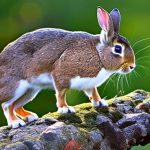
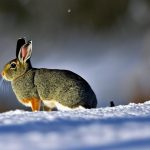
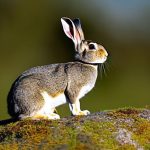
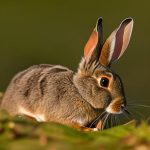
Leave a Reply